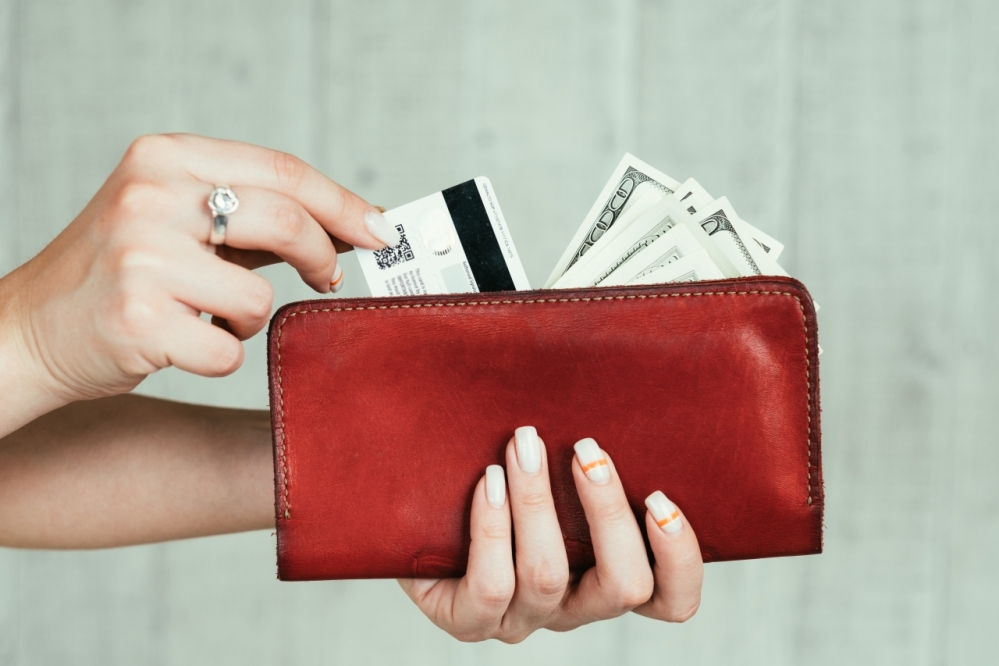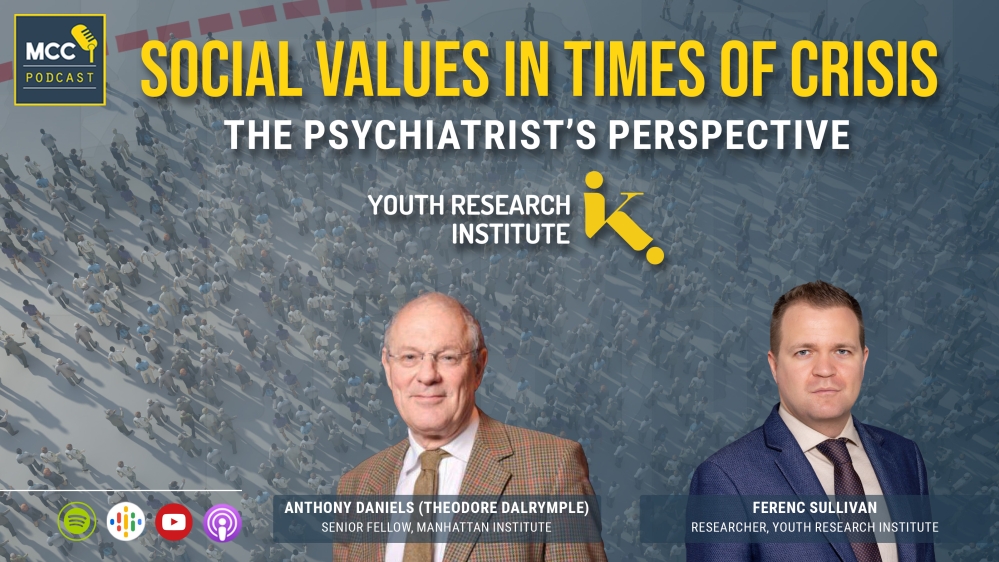Over the past decade, Sweden has been the best-known example of the social experiment aiming for the replacement of cash by bank cards and mobile apps. As early as 2013, it was reported that even Stockholm’s homeless were accepting payments by debit card. Data from the country’s central bank shows that 39 percent of Swedes paid for their most recent purchase in cash in 2010. This figure plummeted to 13 percent in 2018, before the pandemic struck. A year earlier, a piece of research found that Sweden was set to become a cashless society by an exact date – March 24, 2023.
Paper money was first introduced in China in the 11th century AD. A millennium later, countries insisting on a cashless future are ditching tangible money at alarming speed. This is because the goal of “making cash a thing of the past” is more than a mere technicality for policymakers and big business driving the transition to cashlessness. Propaganda material on the Sweden’s official information website claims that “cashless payments very much go hand in hand with the Swedish lifestyle”. It hints that implanted microchips storing information from keys to bank cards, already used by thousands of Swedes, could be the future of making payments in Sweden.[1]
Although Sweden largely avoided the harsh lockdowns imposed by other countries, the embracement of a cashless society was accelerated by the coronavirus pandemic. Previously, coins and paper money were often described as an out-of-date nuisance by advertisements and paid “partner content” on the internet or the choice of criminals or stigmatized groups such as illegal immigrants, closeted alcoholics or the homeless. The risk of exposure to crime, ranging from petty theft to bank robberies, has also been repeatedly referred to as an argument for getting rid of cash. While it has been convincingly proven that the role of surfaces such as paper money in the transmission of the disease is negligible, many retailers continue to discourage or prevent the use of cash in transactions.[2] From this perspective, no longer using or accepting cash has been showcased as “responsible” behaviour and part of the post-COVID New Normal. In particular, Swedish retail chains IKEA and H&M have displayed signs at their checkouts pressuring customers to opt for cashless payment options.
This phenomenon is not exclusive to Sweden and other Nordic countries. Canada, New Zealand, and the Netherlands have also been hailed as “being at the forefront of the cashless revolution”. Alarmingly, uber-progressive Western countries have been joined by authoritarian China in aggressively pushing for a cashless society. A recent article in the country’s English-language propaganda mouthpiece claims that China’s transformation into a cashless society is a fait accompli.[3] Together with the social credit system and prolonged zero-COVID policies, all-round oversight on citizens’ finances will elevate the party state’s control over its inhabitants to a new and terrifying level.
However, a backlash against cashless zealotry is unfolding in several countries. In the United States, cities such as New York, Philadelphia, Denver, and San Francisco, as well as the state of New Jersey, have passed laws requiring retailers to protect customers relying on cash.[4] In the United Kingdom, a recent report has claimed that the United Kingdom is “sleepwalking into a cashless society” and suggests that around eight million people in the country will face major problems if cards and digital devices will become the only widely accepted options.[5] In response, MPs have called for an end to bank branch and ATM closures, which have left large chunks of the population unable to access basic services.[6] And in Hungary, over sixty artisans have signed a declaration calling for the boycott of the Valley of Arts Festival, the largest of its kind in the country, after it chose to phase out cash this year in favour of Festipay, a cashless payment provider now omnipresent at Hungary’s larger festivals. “By doing so, we protest against the exclusive Festipay payment system ushered in by organizers and forced on craftsmen. The mandatory use of Festipay forces artisans to use a bank card system that ignores competitive alternatives and does not allow the use of an own payment terminal, thus further increasing costs”, the statement reads.[7]
Evidently, the aggressive transition to an economy in which cash is no longer widely accepted will do untold harm to the social fabric. For small children, budgeting pocket money received in coins and notes is an invaluable exercise in taking responsibility and acquiring financial consciousness. Large numbers of elderly citizens, those without a reliable source of income, and people living in remote areas depend on cash as their chief method of payment for goods and services. And cash is simply preferred by many in between who are concerned about traceability, the safety of electronic transactions, or uncomfortable using digital technology for even the most minor purchase. Particularly with the continuing shift towards e-commerce, small businesses such as organic farmers and artisans are likely to be adversely impacted if cash falls into disuse. Additionally, it is worth adding the loss of the emotional value of tangible money; tellingly, while revered national heroes and edifices appear on Hungarian forint banknotes, structures represented on euro notes are “entirely stylized illustrations of the relevant architectural styles”.
Although commentators in both Sweden and China – laboratories for the woke and authoritarian models of modernization – acknowledge some downsides of going cashless, these are routinely swept aside as minor side-effects of unavoidable progress. This is done to distract attention from the fact that the airtight virtualization of money results in the individual’s total and inescapable vulnerability to the state, banking giants, and fintech monopolies. Should it become a reality, cashless society will bring us one more step closer to an Orwellian surveillance state.
Just like in the case of any other social phenomena, the suggestion that the eradication of cash is “a matter of when, not if” is dangerously wrong. In a free society, people should be encouraged to consider factors such as availability, convenience, anonymity, and safety, and choose their preferred method of payment accordingly. Cashless ideology must be stopped in its tracks before the tyranny of contactless becomes the new normal.
[1] https://sweden.se/life/society/a-cashless-society
[2] https://www.independent.co.uk/independentpremium/uk-news/shops-cash-payments-covid-restrictions-b1917732.html
[3] https://www.chinadaily.com.cn/a/202206/21/WS62b0fac7a310fd2b29e67776.html
[4] https://www.pewtrusts.org/en/research-and-analysis/blogs/stateline/2021/05/11/paying-with-cash-retailers-must-take-your-dollars-in-these-states
[5] https://www.theweek.co.uk/98615/uk-sleepwalking-towards-cashless-society
[6] https://www.dailymail.co.uk/news/article-7021633/Britain-soon-cashless-society-leaving-vulnerable-people-risk.html
[7] https://telex.hu/kult/2022/08/01/kapolcs-muveszetek-volgye-fesztival-marta-istvan-oszko-jakab-natalia-valtozas-mult-jelen-interju



